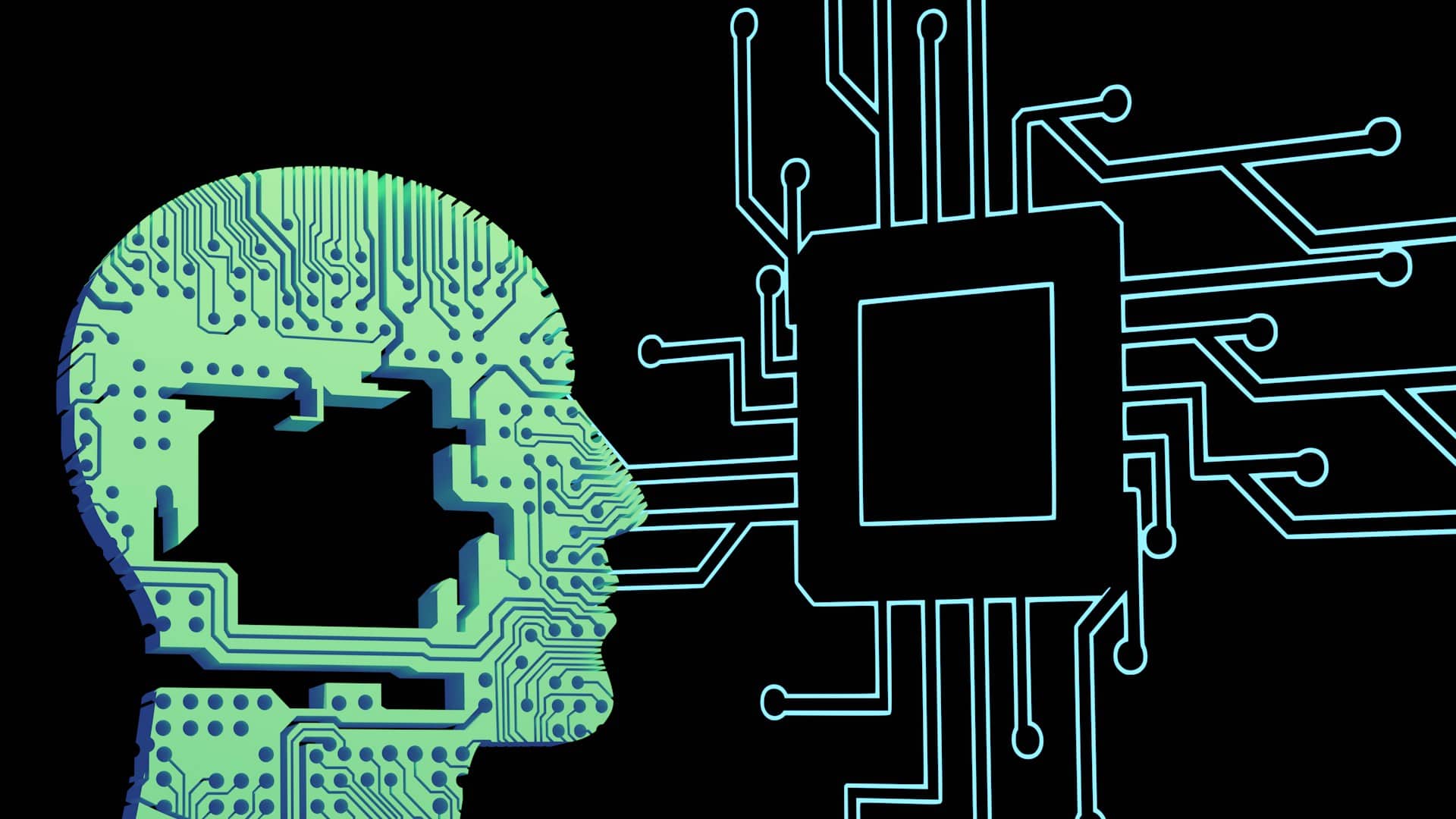What Are the Implications of AI-Enhanced Surveillance in UK Public Spaces?
Introduction
The integration of artificial intelligence (AI) into surveillance systems is revolutionizing the way public spaces are monitored and secured. As the UK increasingly adopts these advanced technologies, questions about privacy, civil liberties, and the balance between security and freedom arise. This article explores the multifaceted implications of AI-enhanced surveillance in public spaces, considering the impact on society, the risks, and the benefits.
The Evolution of Surveillance Technology
Surveillance technology has undergone significant changes over the decades. Traditional CCTV cameras have given way to sophisticated systems equipped with state-of-the-art AI capabilities. These modern systems employ facial recognition, neural networks, and machine learning to detect and predict potential threats in real-time. The aim is to enhance public safety and streamline the monitoring process. However, the shift towards AI-enhanced surveillance systems brings a host of privacy and ethical concerns to the forefront.
Avez-vous vu cela : How Can UK Retailers Implement AI for Dynamic Pricing Strategies?
The deployment of facial recognition technology, for instance, can significantly improve the ability of law enforcement to locate and apprehend suspects. However, it also raises the specter of privacy invasion. Data collected through these systems can be extremely sensitive, and organisations must ensure robust data protection protocols to safeguard this information. The use of AI in surveillance is particularly impactful due to its ability to process vast amounts of data quickly and accurately, leading to more informed decision making by authorities.
Balancing Security and Civil Liberties
The use of AI-enhanced surveillance systems presents a delicate balancing act between enhancing public security and preserving human rights. On the one hand, these systems can significantly reduce crime rates and improve public health by monitoring and controlling disease outbreaks. On the other hand, they can lead to a negative impact on civil liberties by enabling mass surveillance and potential abuse by authorities.
A voir aussi : How Are AI Chatbots Transforming Customer Service in UK’s Hospitality Industry?
Public attitudes towards AI-enhanced surveillance are mixed. Some people appreciate the increased security and positive impact on their safety, while others fear the erosion of their privacy and human rights. A tracker survey conducted in 2023 revealed that while a majority of respondents acknowledged the benefits of AI-enhanced surveillance, nearly half expressed concerns about their data being misused.
The government and civil society must work together to address these concerns. Transparent policies and regulations are essential to ensure that AI-enhanced surveillance systems are used ethically and responsibly. Involving the public in these discussions can help build trust and ensure that the systems are designed with their attitudes and expectations in mind.
The Role of Data in AI-Enhanced Surveillance
Data is the cornerstone of AI-enhanced surveillance. These systems rely on vast amounts of training data to accurately identify patterns and make predictions. The quality and diversity of the data used during the training phase are crucial for the effectiveness of the AI system. Poor-quality data can lead to biased outcomes and limit the system’s reliability.
One of the key risks associated with AI-enhanced surveillance is the potential for misuse of data. Sensitive information collected by surveillance systems can be exploited by malicious actors or used for purposes beyond the original intent. Cyber security measures are essential to protect this data from breaches and ensure that it is only used for legitimate purposes.
There is also a need for comprehensive data protection laws to safeguard the rights of individuals. These laws should outline how data is collected, stored, and used, and provide mechanisms for individuals to challenge any misuse of their data. By ensuring robust data protection measures, we can mitigate the negative impact of AI-enhanced surveillance and ensure that it is used in a way that respects human rights.
The Future of AI-Enhanced Surveillance
The future of AI-enhanced surveillance in the UK is likely to be shaped by advancements in technology and evolving public attitudes. As AI systems become more sophisticated, they will be able to provide even more accurate and real-time insights, enhancing their effectiveness in ensuring public security. However, this will also necessitate stronger regulations and oversight mechanisms to prevent misuse and protect individual privacy.
One of the emerging trends in AI-enhanced surveillance is the use of neural networks and machine learning to predict criminal behavior and prevent incidents before they occur. This predictive model has the potential to revolutionize public security by enabling proactive measures. However, it also raises ethical concerns about the potential for discrimination and the infringement of human rights.
Another trend is the increasing use of AI-enhanced surveillance in public health. By monitoring public spaces for signs of disease outbreaks, these systems can provide valuable data for controlling the spread of illnesses. This has been particularly evident during the COVID-19 pandemic, where AI-enhanced surveillance systems played a crucial role in tracking and controlling the virus.
As we look to the future, it is clear that AI-enhanced surveillance will continue to evolve and impact our society in profound ways. It is essential that we navigate this evolution carefully, ensuring that the benefits of these technologies are harnessed while minimizing the risks and safeguarding human rights.
Conclusion
AI-enhanced surveillance in UK public spaces offers significant potential for enhancing public security and improving decision making. However, it also presents considerable challenges in terms of privacy, data protection, and civil liberties. By balancing the need for security with the protection of human rights, we can harness the benefits of these technologies while mitigating their negative impact.
Transparent policies, robust cyber security measures, and comprehensive data protection laws are essential to ensure that AI-enhanced surveillance systems are used ethically and responsibly. By involving the public in these discussions and considering their attitudes, we can build trust and ensure that these systems are designed with their expectations in mind.
Ultimately, the implications of AI-enhanced surveillance will depend on how we choose to implement and regulate these technologies. By approaching this challenge with a balanced perspective and a commitment to human rights, we can ensure that AI-enhanced surveillance contributes to a safer and more secure society.










